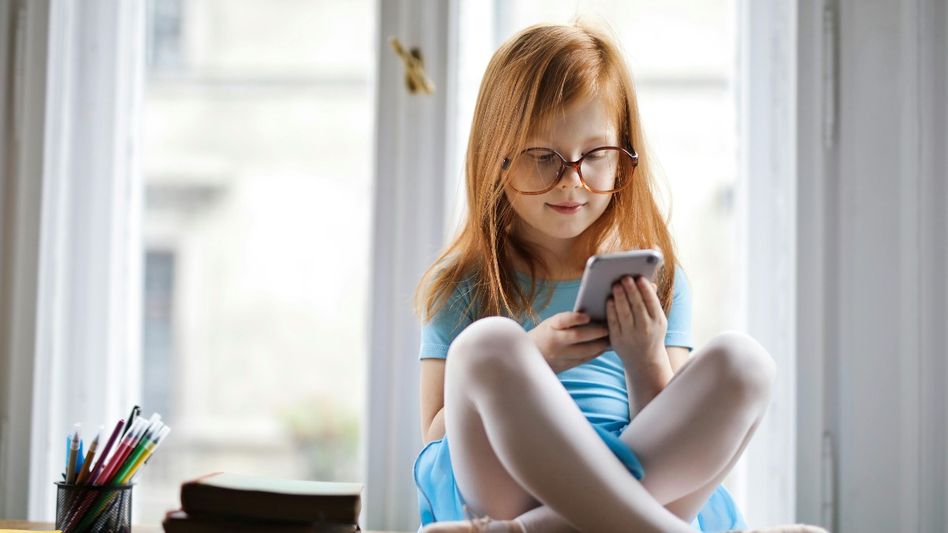Australia bans social media for children under 16
Australia plans to ban social media for children under 16 to enhance online safety. The law will enforce age checks by platforms, risking fines for breaches.
 Australia bans social media for children under 16
Australia bans social media for children under 16Australia has become the first country to pass legislation banning children under the age of 16 from using social media. This historic decision aims to address the growing concerns surrounding the mental health impacts of social media, including cyberbullying, addiction, and exposure to harmful content.
The new law, approved earlier this week by Parliament, mandates that social media platforms enforce strict age verification measures to prevent children under 16 from accessing or creating accounts on platforms such as Facebook, Instagram, TikTok, and Snapchat. The law will come into effect in early 2025, allowing time for companies and parents to adjust.
Under the regulations, social media platforms will have a one-year grace period to implement the required age-checking systems. Once the law is enforced, platforms will be responsible for detecting and blocking underage users. Non-compliance could result in significant penalties, including fines of up to AUD 50 million for repeated violations.
To meet these requirements, social media companies will need to develop advanced age verification technologies. Some have already started exploring facial recognition and digital ID systems, though concerns about privacy and data security have been raised.
Prime Minister Anthony Albanese hailed the law as a crucial step to protect the mental and emotional health of young Australians. This move follows extensive research by Australian health experts, who have raised alarms about the link between excessive social media use and mental health issues such as depression, anxiety, and sleep disorders. A 2023 report from the Australian Psychological Society found that nearly 40% of teenagers reported feeling anxious or depressed due to online interactions.
Despite the positive reception from many, the law has faced opposition from digital rights advocates, who argue that it could infringe on children's rights to free expression. Some critics warn it could lead to the creation of black markets for social media accounts, where children bypass age verification systems. There are also concerns about the potential alienation of young people, for whom social media has become a crucial tool for communication, learning, and self-expression.
Copyright©2024 Living Media India Limited. For reprint rights: Syndications Today









